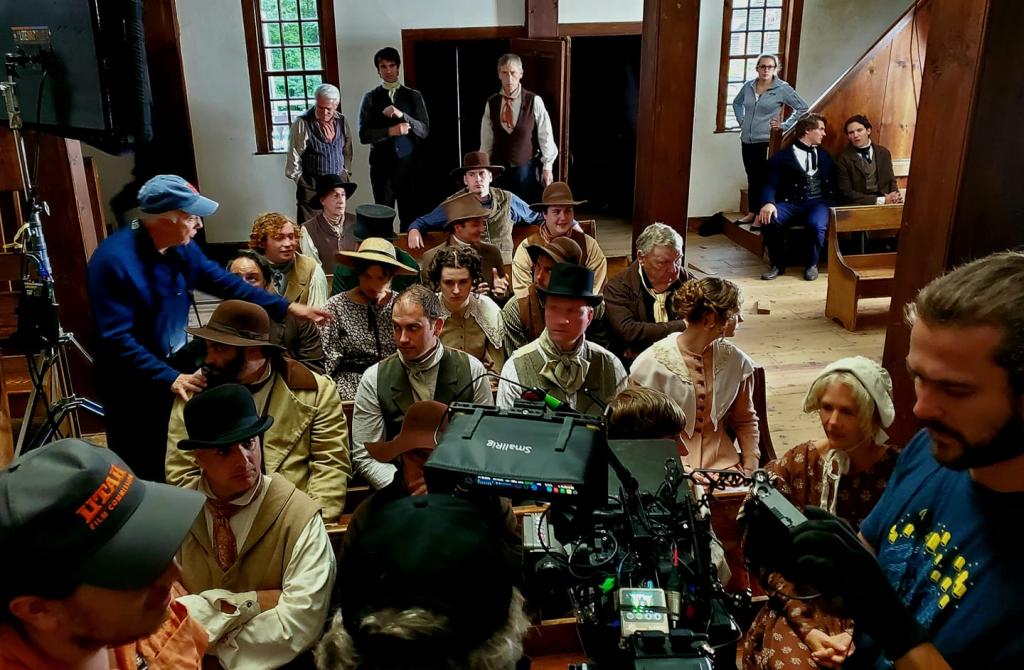
I note that I’m being accused by a small handful of people of blaming the Mountain Meadows Massacre on “anti-Mormons.”
First, two preliminary observations:
1) When I write anything for the public, at least some people will misread it in the most negative way that they possibly can.
2) The Mountain Meadows Massacre is, for quite manifest reasons, a controversial topic. And, accordingly, it’s one that some people are strongly inclined to exploit for ideological ends.
Of course, I don’t blame the Massacre on “anti-Mormons.” I blame it on the people who did it.
But the perpetrators interest me very particularly because, overwhelmingly, they do not seem to have been conventionally bad people – thugs, murderers, and the like – either before September 1857 or, for the most part, thereafter.
So the question that puzzles me (in this case as in more than a few others) is, What makes ordinary, decent people commit so extraordinarily horrific a crime?
Reading the Oxford book Massacre at Mountain Meadows, by Ron Walker and Rick Turley and Glen Leonard, when it first came out many years ago, I felt as if I were seeing a Greek tragedy unfold. There was a certain inexorable logic to what ultimately happened – a horrible logic, obviously, but one in which it made a certain degree of sense, after one bad step had been taken, to take the next one. I found myself wanting to scream “No! Stop!” while knowing what the outcome was inevitably going to be.
To me, if we see the people who committed the Mountain Meadows Massacre as utterly unlike ourselves, we’re not only falsifying history (and not merely in the sense that they, like me and many of my readers, claimed membership in the Church of Jesus Christ of Latter-day Saints) but refusing to see a lesson (or, more aptly, lessons) in what happened. If they were something of a different species, their cautionary tale can have little if anything to teach us.
In order to understand what they did, we need to understand what factors acted upon them. And, beyond any reasonable dispute, one of the most important of those factors was a prior history of persecution and forced migration.
That doesn’t mean that the Missouri mobs bear legal and moral responsibility for the Mountain Meadows Massacre any more than an abusive father is responsible for the violent acts committed much later by a criminal son. But neither are the two unrelated. Human evils ramify. They do damage, among other things to human psyches.
The Mountain Meadows Massacre certainly isn’t the Restoration’s finest hour. It’s anything but faith-promoting. But it shouldn’t be exploited as a weapon against the Church or against religious belief, either. It’s too complex to be reducible to a self-serving slogan on a partisan bumper sticker.
Posted from Tampere, Finland










